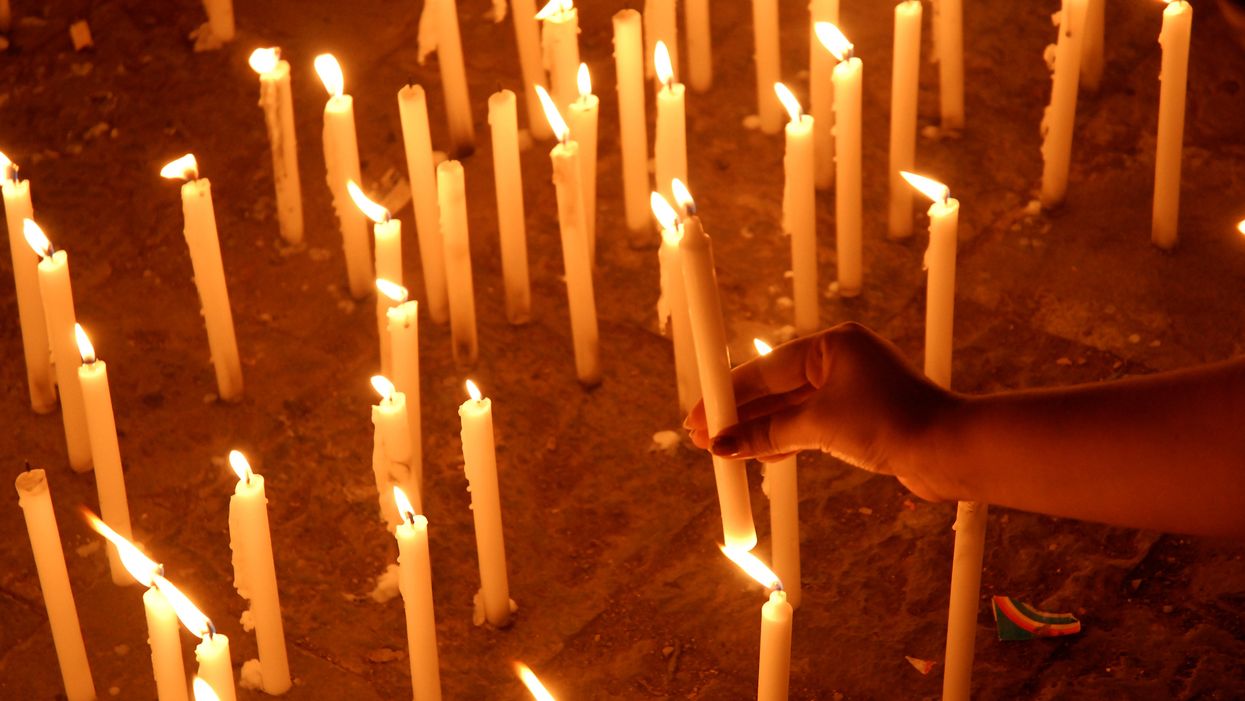Vigils are scheduled across the country Tuesday to mark the anniversary of the Voting Rights Act of 1965 and to protest the elimination if its most powerful provision.
At least three dozen events in 17 states – including one at the Martin Luther King, Jr. memorial within walking distance of both the Capitol and the White House in Washington – are sponsored by more than 30 state and national groups.
A listing of all the events can be found here.
A central provision of the law required that any changes in voting processes – from the drawing of election district maps to the changing of poll closing times — be approved in advance by the Justice Department in nine states and parts of six others with a history of racial discrimination.
This requirement, called "preclearance," was effectively stripped from the law in 2013 by the Supreme Court, which ruled that the law's formula for designating the places where preclearance was required was based on unfairly outdated data.
"Since the VRA was gutted in 2013, 20 states have passed discriminatory voting laws including gerrymandering, voter ID laws, and voter purges that have put up barriers to voting and suppressed the voices of entire communities," the Action Network, a collation of progressive groups, said in encouraging attendance at the candle-lit vigils. "Tell Congress that enough is enough — it's time to restore the Voting Rights Act.
A majority of House members are behind such legislation, but the Democratic majority leadership has not signaled a timetable for a debate. And even if the bill passes, its fate would be grim in the Republican-majority Senate.




















